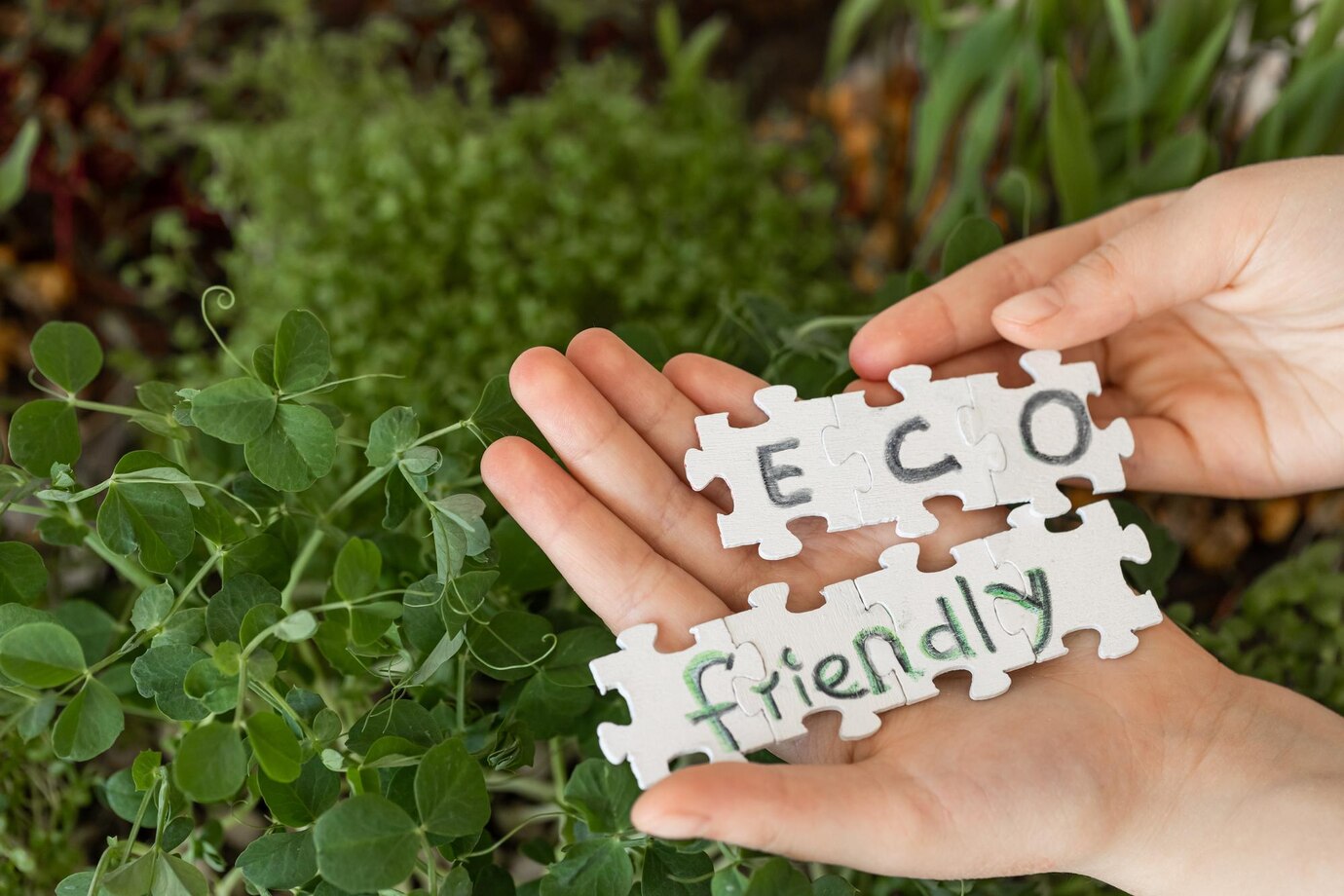Artificial intelligence (AI) continues to revolutionize industries and daily life, yet its rapid evolution highlights the importance of collective efforts in shaping its trajectory. Community is the future of AI, as collaboration, shared knowledge, and diverse perspectives become essential for fostering innovation and ensuring ethical advancements. This article delves into why community-driven efforts are critical for AI development, how they shape its future, and the role of global networks in creating responsible AI.
Why Community is Central to AI Progress
AI is no longer confined to laboratories or tech giants; it has become a field requiring input from researchers, developers, policymakers, and end-users. Communities foster environments where ideas flourish, challenges are addressed collectively, and solutions benefit from diverse expertise.
Collective Intelligence
Communities bring together individuals with varied skills and experiences. This collective intelligence enables quicker problem-solving and the generation of creative solutions that may not emerge in isolated efforts.
Shared Resources
Open-source initiatives, one of the hallmarks of AI communities, allow developers to share tools, datasets, and frameworks. This collaboration reduces redundancy and accelerates innovation.
Broader Ethical Perspectives
Incorporating viewpoints from diverse cultures and disciplines ensures that AI technologies align with universal values and address societal challenges.
How AI Communities are Shaping Innovation
AI communities are driving advancements through collective efforts, influencing fields ranging from healthcare to autonomous systems. Collaborative projects often yield groundbreaking results that redefine the boundaries of technology.
Open-Source Contributions
Platforms like TensorFlow, PyTorch, and Hugging Face thrive because of their robust community contributions. These open-source projects empower developers worldwide to build and deploy cutting-edge AI applications.
Crowdsourced Solutions
Competitions such as those on Kaggle demonstrate how crowdsourcing enhances innovation. By pooling expertise, these communities tackle complex challenges, from predicting disease outbreaks to optimizing supply chains.
Knowledge Sharing
Communities foster knowledge exchange through webinars, workshops, and online forums. This sharing democratizes access to AI expertise and ensures that talent across the globe can contribute.
[Did You Know?]
“Over 70% of advancements in AI tools rely on open-source platforms fueled by global community contributions.”
The Role of Diversity in AI Communities
Diversity in AI communities is not just a virtue; it is a necessity. When individuals from different backgrounds collaborate, they bring unique perspectives that drive more inclusive and effective solutions.
Reducing Bias
AI systems often inherit biases from the datasets used to train them. Diverse teams are more likely to identify and mitigate these biases, ensuring fairer outcomes.
Addressing Global Needs
AI technologies must cater to a wide range of applications, from improving accessibility in developing regions to advancing precision medicine. Diverse communities ensure that global challenges are considered.
Fostering Creativity
Innovation thrives in environments where different ideas and approaches intersect. Diversity in AI communities fosters creativity by merging technical expertise with cultural insights.
How AI Communities Promote Ethical AI Development
With AI’s growing influence, ethical considerations are paramount. Communities play a vital role in ensuring that AI systems prioritize human rights, transparency, and accountability.
Establishing Guidelines
Collaborative groups like the Partnership on AI develop ethical guidelines that shape industry standards and encourage responsible practices.
Monitoring Misuse
Community watchdogs often identify potential misuses of AI, such as deepfake technologies or privacy violations, ensuring that risks are addressed proactively.
Balancing Innovation and Regulation
Communities bridge the gap between developers and policymakers, facilitating dialogues that balance technological advancement with societal safeguards.
The Role of Technology Hubs and Online Communities
Technology hubs, online forums, and virtual spaces have emerged as key enablers for AI collaboration. These platforms bring together professionals from all over the world, fostering creativity and synergy.
GitHub and OpenAI Forums
GitHub repositories and forums like OpenAI Discussions allow developers to collaborate on codebases, share feedback, and solve challenges collectively.
Educational Platforms
Sites like Coursera and Udacity host communities where learners and experts interact, discuss AI concepts, and refine their skills.
Networking Events
Meetups, hackathons, and global summits such as NeurIPS encourage face-to-face collaboration, sparking new ideas and partnerships.
[Pro Tip]
“Engage in AI communities by contributing to open-source projects or participating in forums. Sharing your insights amplifies collective progress.”
Challenges in Building AI Communities
While the benefits of AI communities are undeniable, challenges persist in creating cohesive and impactful networks.
Coordination Across Geographies
Bringing together individuals from different time zones and regions requires tools and strategies to overcome logistical hurdles.
Balancing Competition and Collaboration
In a competitive industry, fostering genuine collaboration can be difficult. Communities must prioritize shared goals over individual gains.
Sustainability of Open-Source Projects
Many open-source projects rely on volunteer contributions, making long-term sustainability a concern.
How Organizations Foster Community-Led AI
Major organizations have recognized the power of communities and actively invest in fostering collaboration.
Google AI and TensorFlow
Google’s open-source TensorFlow framework thrives on community contributions, with developers from around the world refining its capabilities.
Microsoft AI for Earth
Microsoft’s initiative engages a global network of researchers and environmentalists to address climate challenges using AI tools.
OpenAI’s Mission
OpenAI’s commitment to ethical AI development is amplified by its collaborative approach, encouraging external contributions to its projects.
The Future of AI and Community Involvement
As AI evolves, the role of communities will only grow stronger. Future advancements will hinge on the collective efforts of global networks.
Collaborative AI Models
Distributed AI models, developed by communities, will reduce dependency on centralized systems, increasing accessibility.
Enhanced Transparency
Community-driven audits and evaluations will improve the transparency of AI algorithms, fostering greater trust.
AI for Social Good
Communities will play a vital role in harnessing AI for solving pressing global issues, from education to healthcare.
How You Can Contribute to the Future of AI
Becoming part of the AI community is easier than ever. Whether you’re a developer, researcher, or enthusiast, your contributions matter.
Join Forums and Groups
Platforms like Reddit’s r/MachineLearning and Discord servers for AI discussion are great places to connect with peers.
Participate in Open-Source Projects
Contributing to repositories on GitHub enhances your skills and supports community-driven innovation.
Advocate for Ethical Practices
Raising awareness about ethical AI ensures that technology development remains aligned with societal values.
Final Thoughts
Community is the future of AI, as collaboration, diversity, and shared resources drive progress. By fostering inclusive networks and prioritizing ethical practices, AI communities ensure that advancements benefit humanity as a whole. As these communities grow, they will continue to shape the landscape of artificial intelligence, transforming challenges into opportunities and aspirations into achievements.











